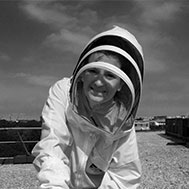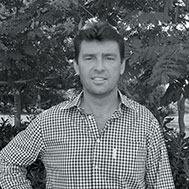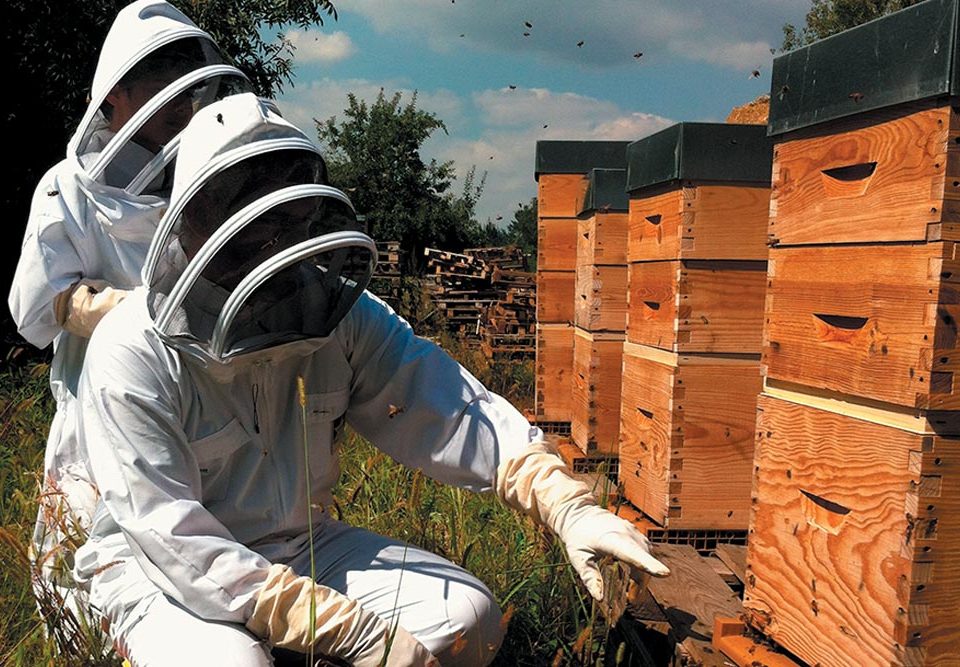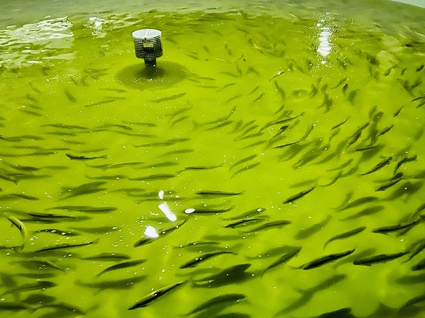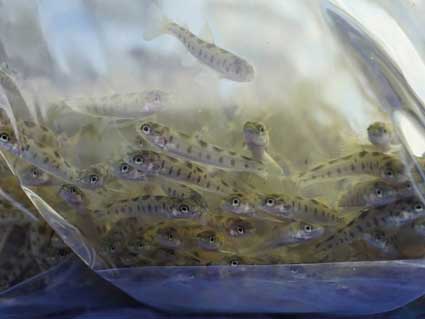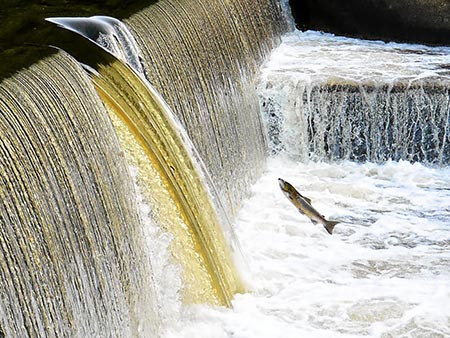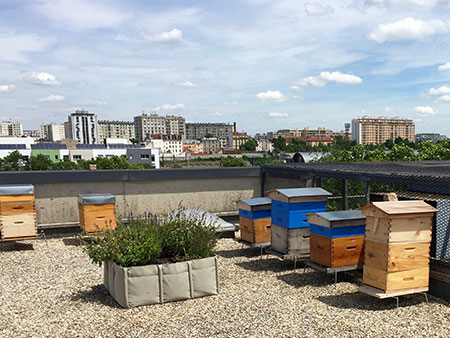Commitment no. 8 - Environment
Developing the circular economy
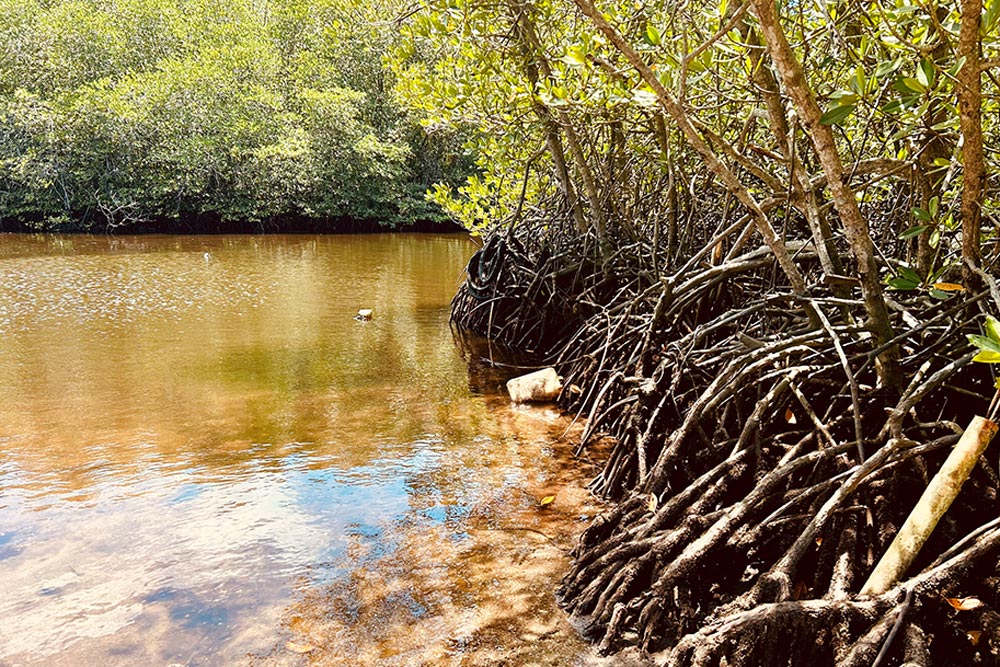
Restoring mangroves in Madagascar
In Madagascar, EPSILON and Bôndy are restoring mangroves while creating sustainable jobs, involving local communities to preserve the environment and support the economy.
As part of its mangrove restoration programme in Boeny, Madagascar, EPSILON and its partner Bôndy have restored more than 378 hectares since 2021 and created 300 jobs in the three communes involved (Boanamary, Belobaka and Marovoay).
A different way to preserve
Protecting species and natural ecosystems is a new challenge for CEPOVETT.
Après avoir lancé un programme de sensibilisation aux abeilles il y a dix ans, l'entreprise recentre aujourd'hui ses efforts sur la protection des écosystèmes marins et terrestres. Grâce à ses programmes de conservation de la biodiversité, elle étend la portée de ses initiatives à la protection des espèces menacées et à la conservation de l'environnement.
Find out more about our CSR commitments
OUR CSR POLICY
AT THE SERVICE OF CORPORATE SUSTAINABILITY
Our workwear has been designed and manufactured under ethical and socially responsible conditions. In particular, they contribute to the protection of human rights, the preservation of natural resources and the protection of biodiversity. For us, every gesture counts, and this is proof of our sincere commitment to future generations. #PositiveImpact

CLIMATE
Mitigating and adapting to climate change

WATER
Protecting water resources and rivers

BIODIVERSITY
Safeguarding biodiversity and ecosystems





